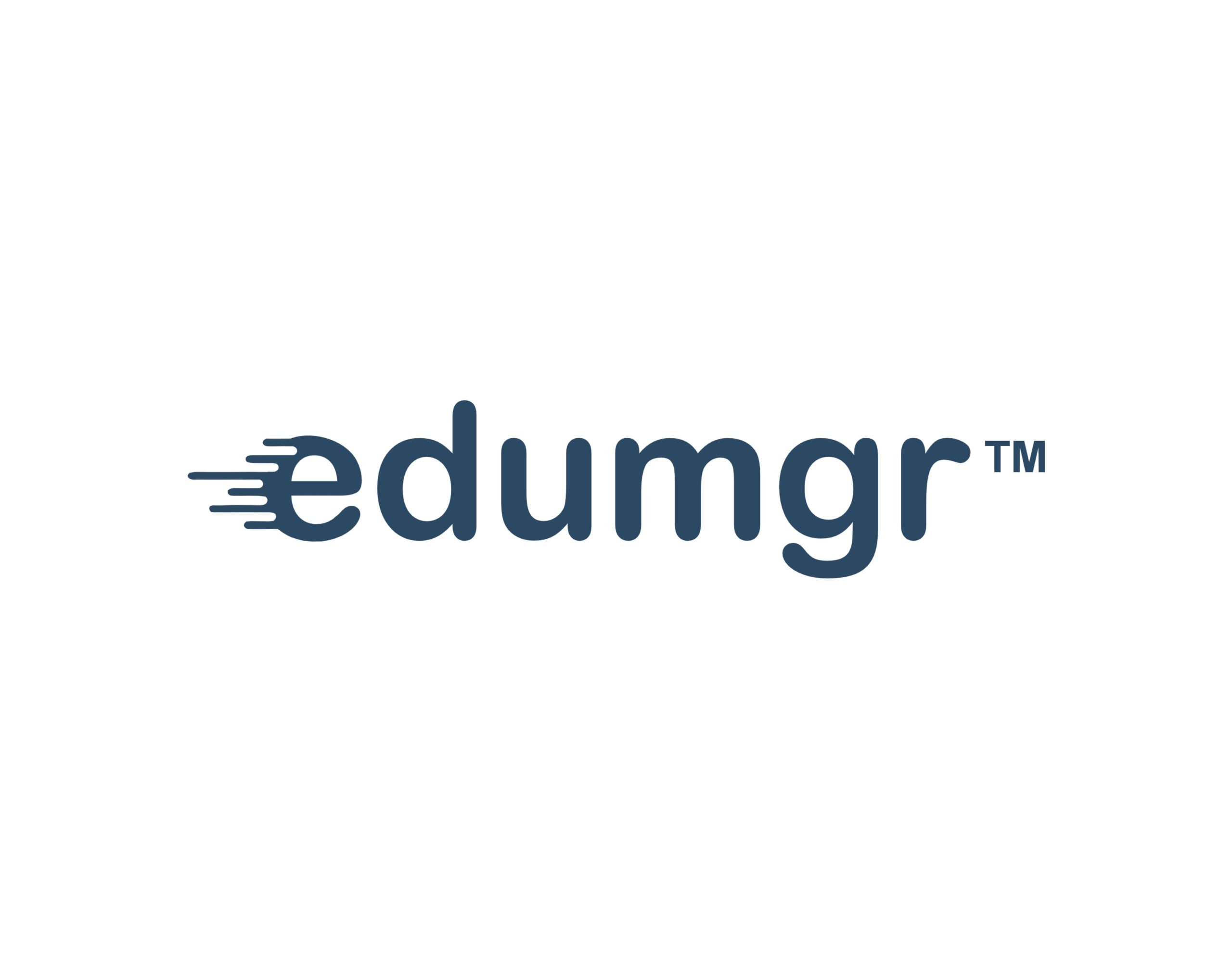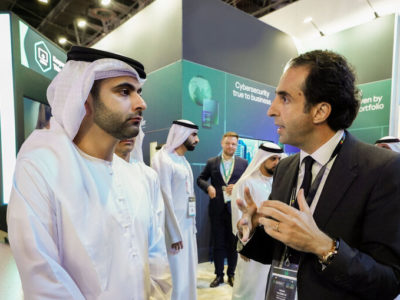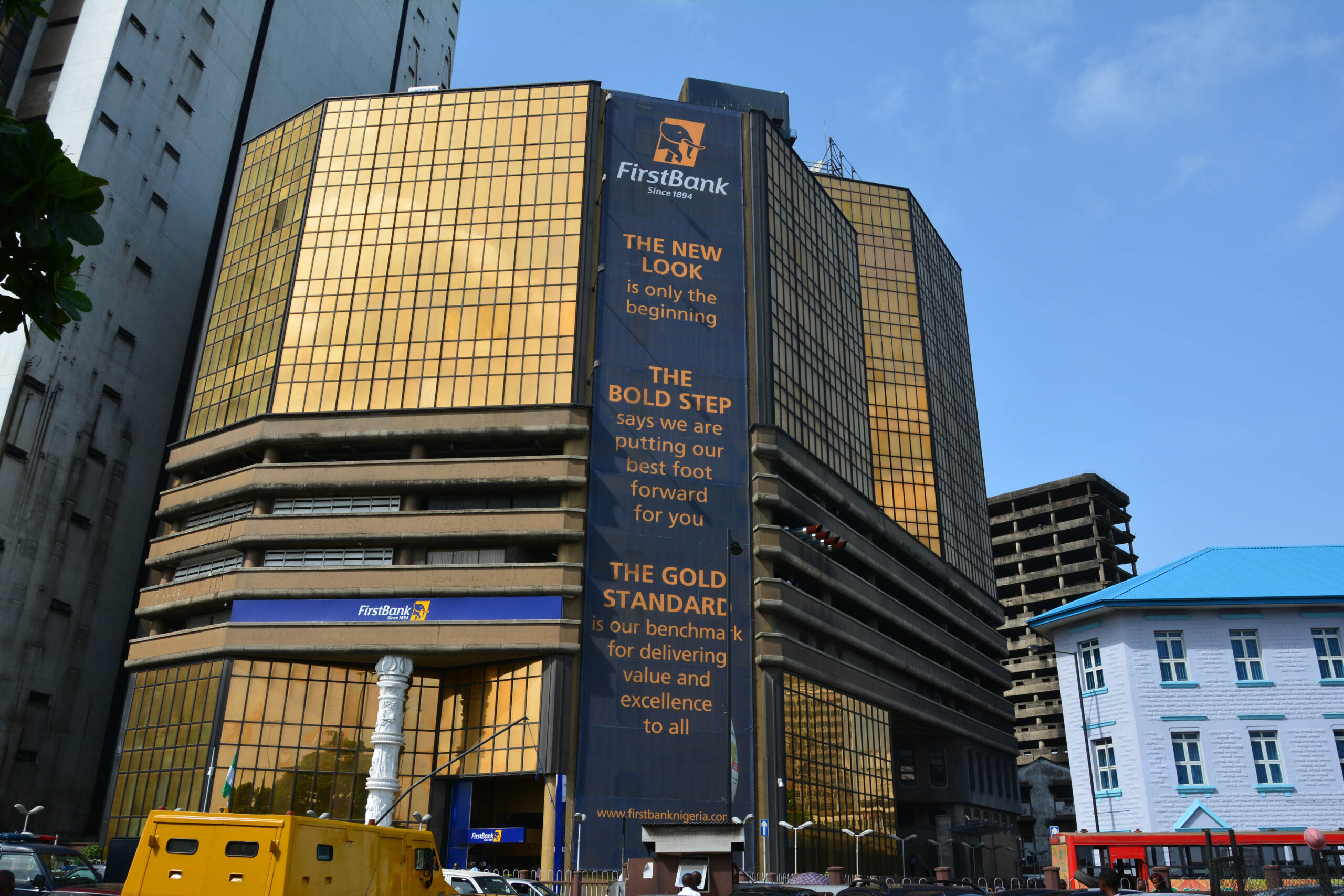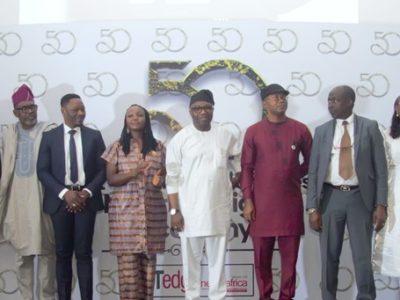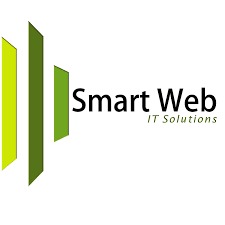SDG Digital received financial, strategic and operational commitments from U.N. member states, the private sector, finance bodies, international organizations and philanthropic foundations to help put the Sustainable Development Goals (SDGs) back on track.
RELATED: Achieving Sustainable Development Goals: Unique ID as foundational building block
The high-level SDG Digital event, convened by the International Telecommunication Union (ITU) and the United Nations Development Programme (UNDP) at U.N. Headquarters, stepped up digital support for the world’s 2030 Agenda as part of the SDG Action Weekend of the United Nations.
In remarks at the SDG Digital opening, U.N. Deputy Secretary-General Amina J. Mohammed, said: “Digital technologies, when used safely and responsibly, can be catalysts of economic, social and societal transformation by creating efficiencies at scale and expanding the reach of existing solutions to support more people.”
ITU Secretary-General Doreen Bogdan-Martin, said: “We are grateful to all those who are dedicating resources to the urgent mission of connecting the world. Together we can build a future where everyone, everywhere, can be part of a safe, inclusive and sustainable digital world.”
According to the SDG Digital Acceleration Agenda launched at SDG Digital, digital technologies can benefit 119 of the 169 SDG targets, or about 70 per cent, including areas such as climate action, education, hunger and poverty.
Key commitments made include:
Partner2Connect Digital Coalition – The Global Satellite Operators Association (GSOA), Google, Microsoft, Millicom, Telenor, ZTE, the Republic of Korea, and the Government of Saudi Arabia announced new pledges to advance progress towards universal and meaningful connectivity, and sustainable digital transformation. They build on over 750 pledges valued at over USD 32 billion received to date since the launch of the Partner2Connect Digital Coalition campaign in February 2022. Earlier this year, the coalition issued a global appeal for USD 100 billion by 2026 to increase investment in universal and affordable connectivity.
At the SDG Digital event on Sunday, Rabab Fatima, Under-Secretary-General and High Representative for UN-OHRLLS, said: “The Partner2Connect Digital Coalition has responded to this urgent need. The ITU, the office of the Secretary-General’s Envoy on Technology and my office have developed a partnership to foster connectivity and digital transformation in the hardest-to-reach communities.”
Global Satellite Operators Association – A pledge to double the number of people connected via Satcom to at least 500 million globally by 2030. This could result in over USD 250 billion in global socio-economic benefits in support of the SDGs.
Microsoft – A commitment to extend high-speed Internet access to 250 million people in unserved and underserved communities by the end of 2025, including 100 million in Africa. To do so, Microsoft will convene a global network of Internet and energy providers, government agencies, nonprofits, and private sector companies focused on closing the global digital divide.
Republic of Korea – A pledge to spend nearly USD 30 million in 2023-2024 for digital development globally.
Telenor – A pledge to train 3 million people in digital skills by 2025.
Millicom – A commitment to increase access and digital skills to further deploy and upgrade its connectivity infrastructure; to train 99,000 women in 2023 and 100,000 women in 2024 through its digital inclusion program; and to provide teaching and education professionals with the necessary skills to deliver education online.
Google – Announced a new research center focusing on AI to combat food insecurity in Africa, and USD 25 million in grants to 15 AI projects as part of its Global Goals Impact Challenge on AI for the SDGs, including in Kenya, South Africa, the Philippines, and India.
ZTE – A pledge was renewed to build USD 400 million worth of ICT network infrastructure annually for LDC/LLDC/SIDS countries by 2025, and to sponsor Partner2Connect with CHF 300,000 by becoming “P2C Champion” for the period of three years for implementing activities described in the Partner2Connect Action Framework.
Saudi Arabia – Announced a global initiative with ITU to connect humanity through sustainable, affordable and innovative solutions. The initiative is an extension of a joint study and work with ITU to aim to assess the current situation of global digital divide and to enhance innovative solutions, to ensure universal access to connectivity.
The High Impact Initiative on Digital Public Infrastructure (DPI) saw USD 400 million pledged to advance safe and inclusive DPI. The contributions will empower 100 countries with people-centred digital public infrastructure solutions by 2030. DPI is a critical accelerator of the SDGs and was selected by the UN Secretary-General as one of 12 high impact initiatives with potential to get us back on track to achieve the 2030 Agenda.
The Universal Safeguards for Digital Public Infrastructure Initiative, including the 2030 Safeguards Action Hub, was also launched by UNDP and the Office of the United Nations Secretary-General’s Envoy on Technology. The initiative brings with it a commitment to protecting everyone, everywhere, as well as the planet, while accelerating the achievement of the SDGs. It unifies and builds upon the work done in this critical area by the ecosystem of experts and institutions globally, leading into the Summit of the Future in 2024 and beyond.
In a video address at the opening of SDG Digital, H.E. Dennis Francis, President of the 78th Session of the United Nations General Assembly, said: “By placing digital innovation at the very heart of our 2030 Sustainable Development Agenda, we can spark holistic development towards a world that is just, more sustainable, and more prosperous for all.”
Innovative financial solutions: The Inter-American Development Bank (IDB) and other development institutions teamed up to announce innovative financial solutions and risk mitigation mechanisms at the country and regional level to finance digital infrastructure assets, including: backbone, last mile, data centres, submarine cables and satellite. For example, the the Latin America and Caribbean region needs $108 billion to close the digital infrastructure gap, according to Ilan Goldfajn, IDB President. To help target investments to where they are needed, IDB also presented ConectaLAC, a data analytics mapping tool of digital connectivity across the 26 countries of Latin America and the Caribbean.
Digital solutions for countries on their digital transformation journey: The SDG Digital Acceleration Agenda proposes a roadmap to help governments navigate critical challenges such as digital skills, governance and regulations, financing, infrastructure, and security. It offers 34 case studies that exemplify the power of digital technologies to drive progress across all 17 SDGs. These include acoustic monitoring to protect nature; deploying green technology solutions; giving residents a voice in city services; creating decent employment; supporting farmers; improving job quality; empowering women through digital knowledge; and connecting every school in the world to the Internet by 2030. The global case studies highlight the role of emerging technologies such as artificial intelligence and machine learning, Internet of Things, decentralized ledger technology and 5G.
The SDG Digital GameChanger Award honoured individuals and organizations in five categories for their outstanding digital solutions to accelerate progress on the SDGs:
- Tech Herfrica (People category) enables wealth creation and breaking the cycle of poverty for women and girls in rural African communities;
- MOSAIKS (Planet category) provides machine learning based on Earth-orbiting satellite imagery to support informed policies on climate and sustainability;
- ekShop (Prosperity category) an equitable e-commerce model, empowers small- and medium-sized businesses, refugees, and people facing digital disparities particularly in least-developed countries;
- Mobility Mojo (Peace category) empowers organizations globally to create more accessible and inclusive physical environments for everyone;
- Humans in the Loop (Pioneer category) provides training data and human input for artificial intelligence (AI) and machine learning operations while providing conflict-affected and displaced people with remote digital work.
Overall, governments, the private sector, civil society, international organizations and young people, as well academia and the technical community, submitted 450 solutions to the SDG Digital GameChanger Award.




